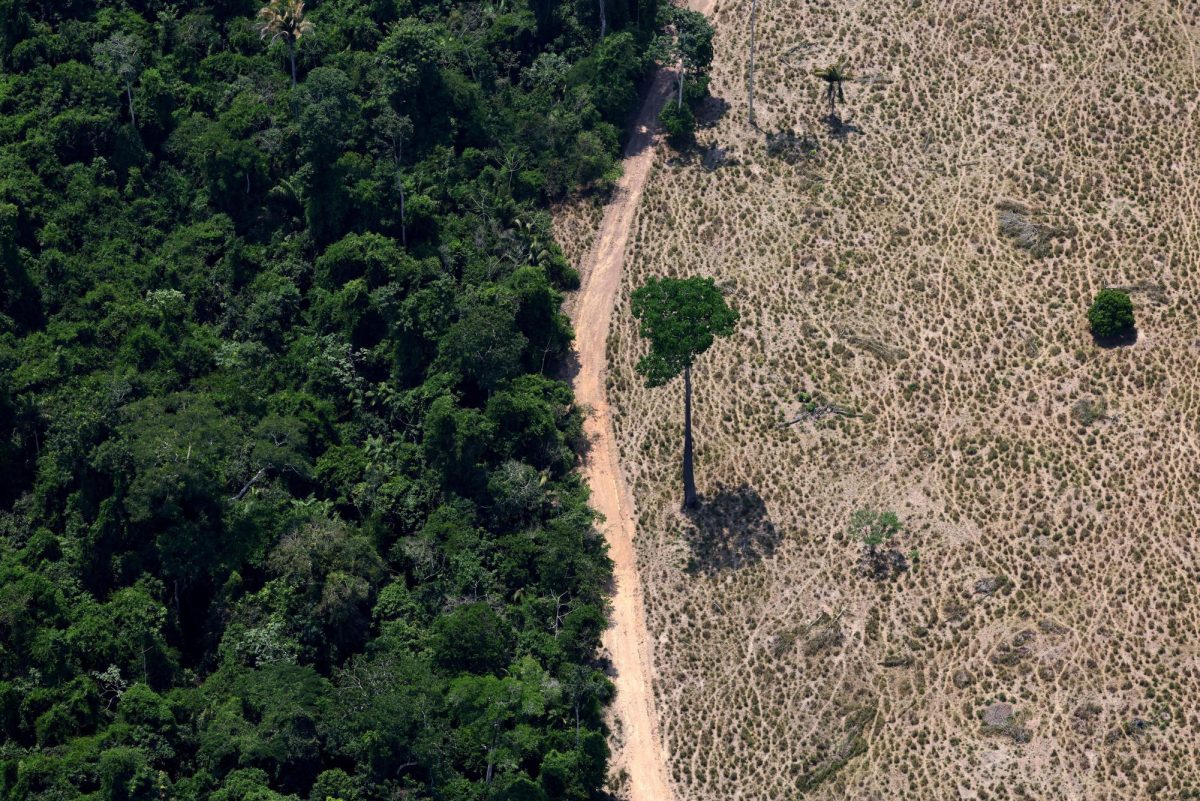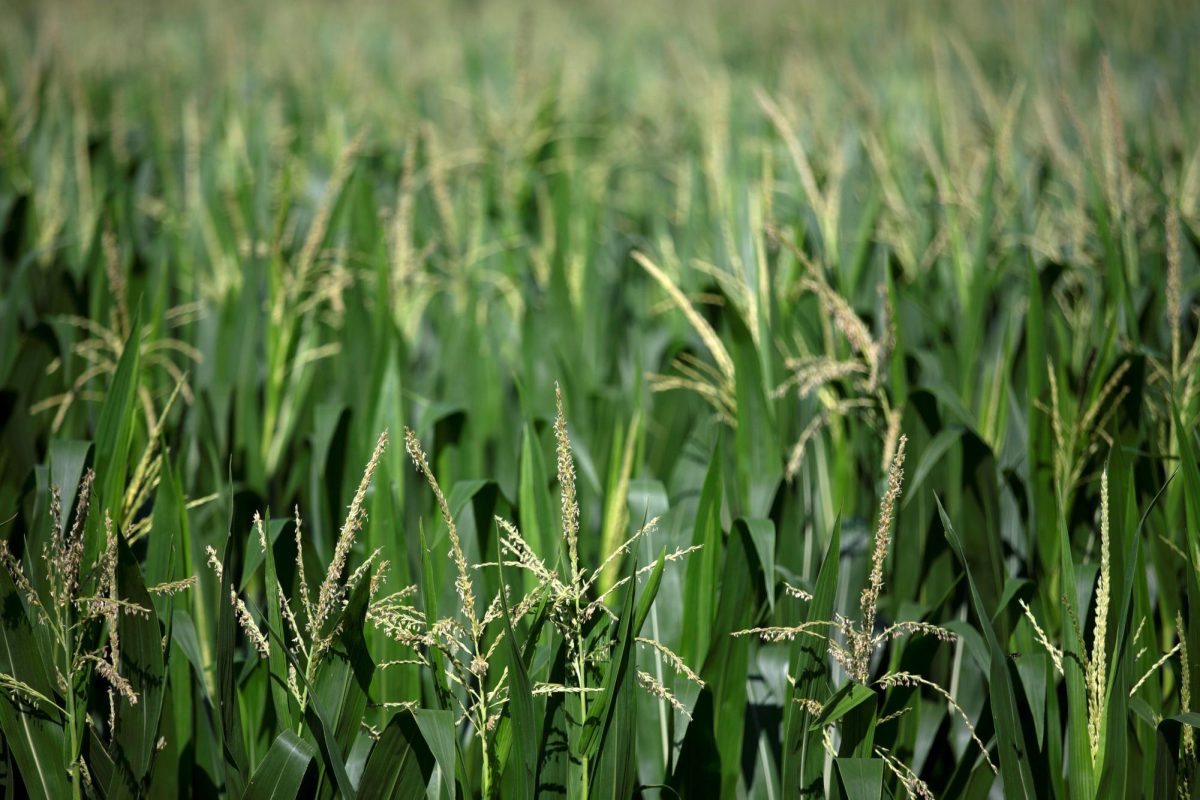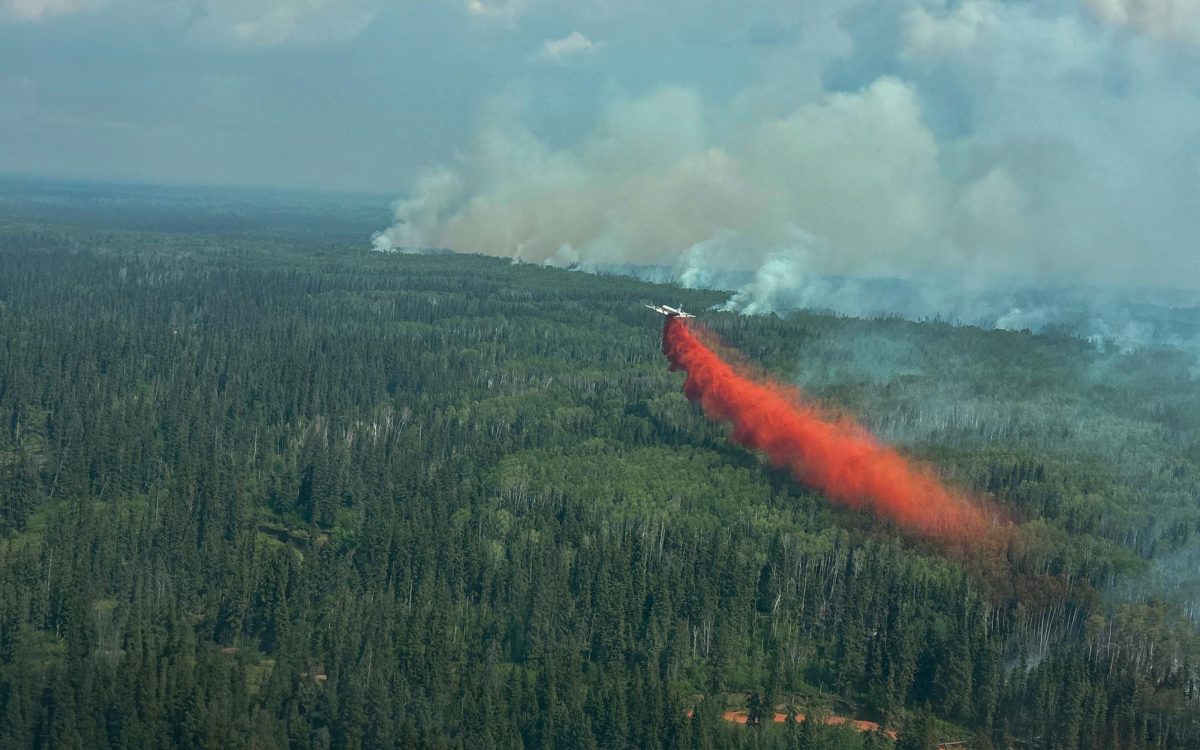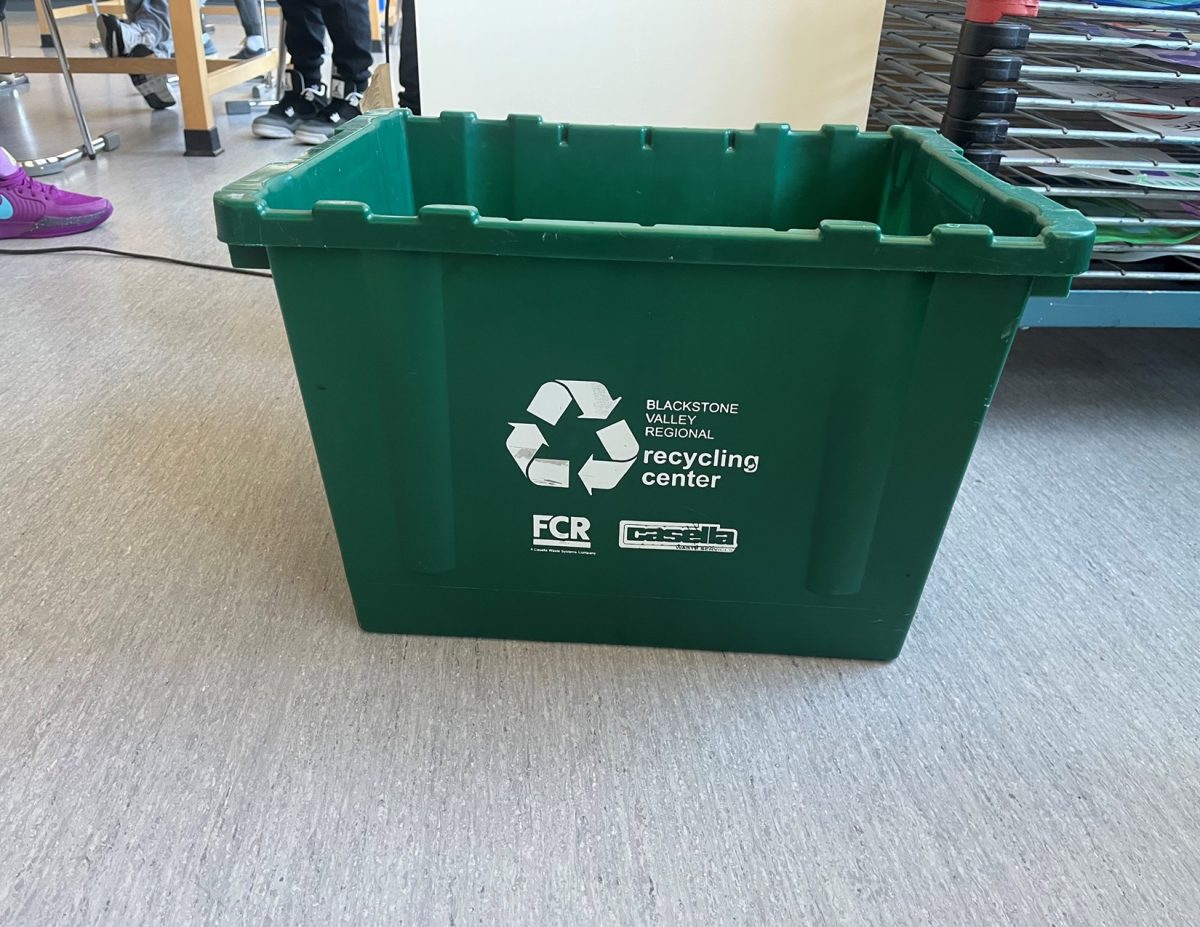What is climate change? Climate change is a long-term change in the average weather patterns that define the Earth’s local, regional, and global climates.
Climate change is primarily caused by the use of fossil fuels, which include coal, oil, and natural gas. These are the largest contributors to global climate change, which account for 75 percent of global greenhouse gas emissions and just about 90 percent of carbon dioxide emissions.
Over the Earth’s 4.5 billion years of history, the climate has undergone significant changes. The earth’s temperatures have recently increased at a rapid pace, and it cannot be attributed to the natural cycle. These changes would normally take hundreds or even thousands of years, but are happening in decades.
Global temperatures are rising, and the warmest temperature records are skyrocketing. The ten warmest years on Earth have happened from 1880 to 2014. The world is hotter than ever.
Large networks have enabled the monitoring of climate evolution over the past 150 years. By collecting rocks and different types of sediments from lakes, soil, and oceans, scientists have developed even more precise methods to date the clues.
These networks that monitor climate are improving the world’s understanding of the changes in temperature/climate. The data they collect also show how the temperature affects human health.
Climate change can have many different types of effects, such as: transforming weather patterns, heat waves, droughts, floods, and big storms. These different types of shifts are causing sea levels to rise due to all the melting ice and warming oceans.
The temperatures and physical effects are disrupting ecosystems and food production. Additionally, the higher temperatures affect human health by increasing air pollution and disease risks.
Due to these shifts, the Greenland and Antarctic ice sheets are decreasing in mass. NASA’s Gravity Recovery and Climate Experiment shows how Greenland lost an average of 279 billion tons of ice per year between 1993 and 2019. Meanwhile, Antarctica is losing 148 billion tons of ice per year.
Climate change can be avoided. To avoid the shifts, we must significantly decrease human-caused greenhouse gas emissions by changing from fossil fuels to renewable energy sources.
















































